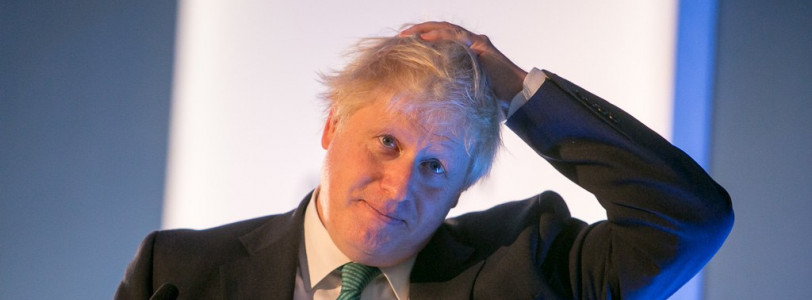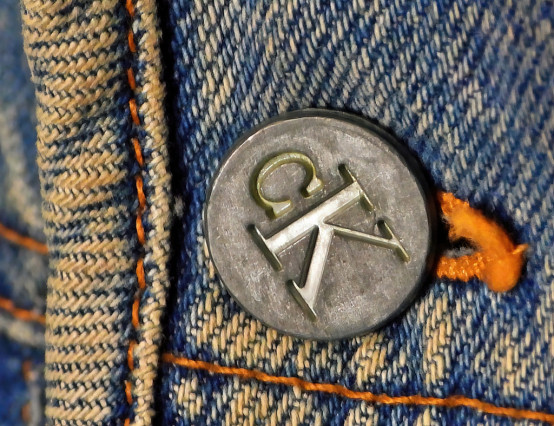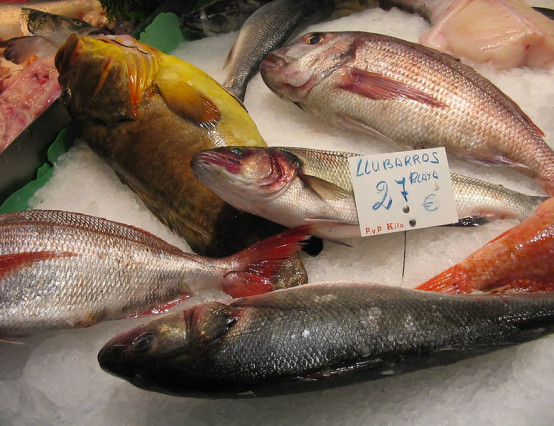Sue Gray has finally published her report into the highly publicised lockdown parties hosted at No. 10. At least, initial findings from the inquiry have been published. The report was branded an ‘update’ by Sue Gray, who was required to remove a lot of substance from her report whilst we wait for an investigation to be conducted by the Met.
Unfortunately, this means that the report will not deliver the closure that many of us had been expecting. However, the initial report offers a preliminary look at her findings and an indication of what we could expect.
A good place to start would be to look at the remit of the inquiry and exactly what it was investigating. Gray’s report focuses on sixteen events that took place on various dates between May 2020 - April 2021 (three of these aforementioned events had actually been unreported until the publication of this report). Gray and her team interviewed seventy people, examined emails and read texts (SMS and WhatsApp). The entry / exit logs and photographs of venues at which these incidents had taken place were studied.
The police will be investigating twelve of these events and until then the full report is still being withheld. Gray insists commenting on these is “inappropriate” and therefore what she is at liability to divulge is “extremely limited”.
Gray outlines three main areas of concern and these areas are what form the foundation of her critique.
Behaviour
The behaviour “difficult to justify” considering the public had to “accept far-reach restrictions …”.
These incidents all represent “serious failure to observe” standards expected of the government.
There was “too little thought” given to the risk, the pandemic’s situation and how this will appear.
Leadership
The Cabinet Office and No. 10 exhibited “failures of leadership and judgement” with the events.
There are certain events that occurred that simply “should not have been allowed to take place”. There are other events which were permitted but “should not have been allowed to develop …”.
As a result of these events the report suggests “easier ways for staff … concerns informally …”.
Intoxication
The report expresses that “excessive consumption of alcohol is not appropriate … at any time”.
Every department should have a clear “... policy in place covering the consumption of alcohol”.
Response
In the statement after publication of the inquiry the prime minister simply stated, “I get it and I will fix it”. Gray attributed blame for the parties to a “failure of leadership” which does ultimately lie with Johnson, who vowed to get on with the government’s job by changing the operation of Cabinet Office and No. 10.
Johnson promised to fill the cracks that were caused by the “fragmented” nature of his administration, which he would do by establishing a dedicated office of the prime minister in hopes to address the issue. The civil service’s code of conduct would also be being reviewed in an effort to meet higher standards.
Johnson promised further announcements that would improve government and the connection between No. 10 and Parliament.
The Met investigation
Dame Cressida Dick explained that her officers would not ordinarily investigate breaches of Covid-19. Yet, retrospective investigations will be conducted for “the most serious and flagrant type of breach”, where not investigating would undermine the law and there was knowledge that the behaviour is illegal.
Commander Catherine Roper is spearheading the investigation and was handed a “bundle of material”, her team had been provided “over five-hundred pieces of paper and over three-hundred photographs”. Roper explained that the investigation would take “absolutely not more than a year”.
The Coronavirus Act states that breaches are summary offences so you can be fined but not imprisoned. In 2020, police could fine people one-hundred pounds for a first offence (halved if paid in fourteen days), with the fine doubling for each subsequent offence but would ultimately be capped at a ceiling of £3,200. The failure to pay these fines is what would risk prosecution and potentially result in one attending court. Dick explained however that this does not mean “fixed penalty notices will necessarily be issued in every instance and to every person involved”.
Asked if the prime minister will be interviewed, his spokesperson indicated that “anyone asked to will cooperate fully as you would expect”.









0 Comments